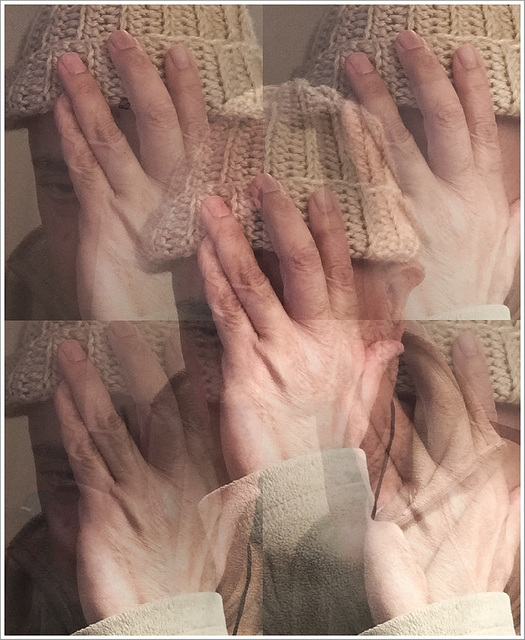House
Sartre
Knowledge
Bread / Brot
Sensation
Written in Stone
Fall Leaves
Crossing
Rose
Bridge
A message for Earth day
Phalguni or Kulur River
An evening in Hawaii
Meaning
Dolma / Grape Leaves / yaprak sarma
Lockdown Panacea
Untitled
Snow day at New Jersey
Book
Japanese garden
Confusion - highlight of the current days
An old house
Buds of Jasmin flower
Jasmin
A tree
Starving but happy
Old house
Keywords
Authorizations, license
-
Visible by: Everyone -
Attribution + non Commercial
- Photo replaced on 18 Apr 2020
-
50 visits
- Keyboard shortcuts:
Jump to top
RSS feed- Latest comments - Subscribe to the comment feeds of this photo
- ipernity © 2007-2024
- Help & Contact
|
Club news
|
About ipernity
|
History |
ipernity Club & Prices |
Guide of good conduct
Donate | Group guidelines | Privacy policy | Terms of use | Statutes | In memoria -
Facebook
Twitter



In the first place there is a relation of being. I am this being. I do not for an instant think of denying it; my shame is a confession. I shall be able later to use bad faith so as to hide it from myselof, but bad faith is also a confession since it is an effort to flee the being which I am. But I am this being, neither in this mode of “having to be” nor in that of “was”; I do not found it in its being. I can not produce it directly. But neither is it the indirect, strict effect of my acts as when my shadow on the ground or my reflection in the mirror is moved in correlation with the gestures which I make. This being which I am preserves a certain indetermination, a certain unpredictability. And these new characteristics do not come only from the fact that I can not ‘know’ the Other is free. Or to be exact and to reverse the terms the Other’s freedom is revealed to me across the uneasy indetermination of the being which I am for him.. . . . . .- Page 351
P.S The Other, shame and objectification
The concept of “the Other” occupies a central place in Sartre. Consciousness is not alone in the world. It must accommodate itself with other minds, which are also fighting to exist. Solipsism is merely a gentle dream. The For-Itself (i.e. man) is also for others.
Then shame does something else – it initiates a fight-flight-freeze reaction: fear. Usually, we’ll freese, worried about what people think of us. But if we believe tht our shame has been caused by someone else, the need to fight can take over. We get angry. Still, as a social emotion, shame isn’t just about individual feelings. According to the anthropologist – Ruth Benedict – the balancing of shame, fear, and anger can underpin the emotional regimes of entire cultures. ~ Page 162
Sign-in to write a comment.